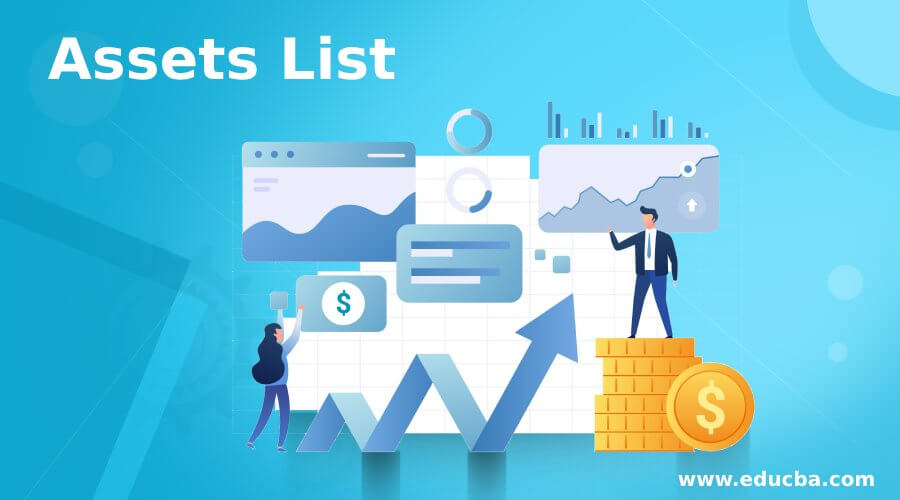In today's digital age, data is often referred to as the "new oil" or the "lifeblood" of modern businesses. The vast amount of data generated and collected can provide invaluable insights, and companies are increasingly exploring ways to turn this data into a source of revenue through data monetization strategies.
Understanding Data MonetizationData monetization involves the process of extracting financial value from the data your organization collects and possesses. This can encompass various forms, including:
- Data Selling: Organizations can directly sell their data to third parties, such as research firms, marketers, or other businesses.
- Subscription Models: Providing access to premium datasets or analytical tools through subscription-based models.
- Data-Driven Products: Developing and selling data-based products or services.
- Partnerships and Collaborations: Collaborating with other companies to create joint data offerings.
Data monetization can offer several advantages to businesses:
- New Revenue Streams: Data monetization opens up new avenues for generating income beyond traditional products and services.
- Optimized Operations: Insights gained from data analysis can lead to process improvements and cost savings.
- Enhanced Customer Experiences: Utilizing data can result in personalized experiences, fostering customer loyalty.
- Strategic Decision-Making: Data-driven insights empower better-informed decision-making at all levels of the organization.
While data monetization offers promising opportunities, it's not without challenges:
- Data Privacy and Security: Ensuring compliance with data protection regulations and maintaining data security is paramount.
- Ethical Concerns: Balancing financial gains with ethical use of data, especially when dealing with sensitive information.
- Data Quality: Monetizing inaccurate or poorly managed data can lead to unreliable insights and decisions.
- Infrastructure and Resources: Developing the necessary infrastructure and skillsets for effective data monetization.
For businesses considering data monetization, it's important to follow a systematic approach:
- Define Your Data Strategy: Clearly outline your goals, target audience, and the value your data can provide.
- Data Collection and Management: Ensure data is collected, cleaned, and organized effectively.
- Analyze and Extract Insights: Utilize analytics tools to gain meaningful insights from the data.
- Choose Monetization Models: Determine which monetization approach aligns with your business strategy.
- Invest in Compliance: Prioritize data privacy and security measures to maintain trust with customers and partners.
- Market Your Data Offerings: Effectively communicate the value of your data to potential buyers or subscribers.
- Iterate and Improve: Continuously refine your data monetization strategy based on feedback and performance.
Data monetization represents a significant opportunity for businesses to capitalize on the wealth of information they possess. By implementing thoughtful strategies, addressing challenges, and maintaining ethical considerations, companies can transform their data assets into valuable revenue streams, while simultaneously driving innovation and improving customer experiences.
Remember, successful data monetization requires a balance between profit generation and responsible data stewardship.






